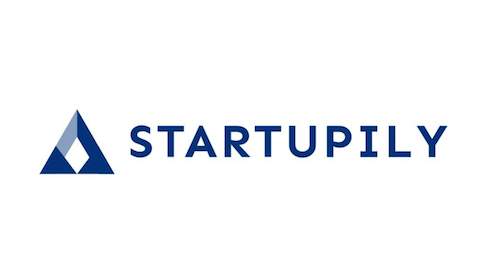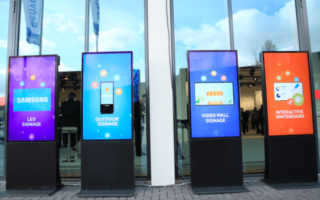Automation is the process of using technology to allow for the completion of tasks with minimum human input. It has touched industries and services around the world in an increasingly drastic fashion. Many people think of automation as a recent phenomenon. In reality, automation is a process that has been going on since the very first use of technology, which was to aid in production or service delivery. The wheel, for instance, is seen by some people to be an early tool of automation. Automation is, in many ways, something that has come to define human progress.
Of course, there has often been a backlash against automation. The term ‘technological unemployment’ refers to how automation processes can sometimes cost people their jobs. Staggering numbers of people are set to become unemployed in the future due to automation.
Historically, some people have resisted. One of the most famous examples of anti-automation activism is the Luddite movement. They were a secret oath-bound organization made up of English textile workers in the 19th Century. They vowed to destroy the textile machines that were efficiently cutting down the number of workers that needed to be employed in the mills. In certain cases, groups of Luddites took part in ‘machine breaking’ sabotage in a doomed attempt to force employers’ hands.
So many services and industries have been altered by automation. Here are just four examples of areas in which technology has changed industries forever.
Translation Management
What is translation management? Roughly put, translation management is a service offered to businesses that are concerned with the mass translation of the digital text. Automation has completely altered the way these services are delivered. Where human translators once painstakingly used their linguistic skills to carry out these tasks, the software can now accurately translate languages in a near-instant fashion by calling up huge databases stored on the cloud and utilizing neural machine learning.
Car Production
Ever since Henry Ford opened the first car mass production line in 1913, automation has been accelerating in the car production industry. The production lines of today would be unrecognizable to Ford. Single-purpose robots swiftly and accurately make machine parts, paint panels, and assemble engines at a staggering speed.
Transportation
During the golden age of science fiction, it was common for authors to imagine a world where cars drove themselves. Fiction, it seems, has become a reality. Driverless cars are being developed by all of the major car companies like Google.
Customer Service
Ever feel like you are talking to a robot when you instant message your phone service provider? The chances are quite high that you are talking to a chatbot. Chatbots have ushered in a new wave of automation in customer service.
The best bots use machine learning in order to organically gain interpersonal skills or at least show the appearance of interpersonal skills. Most chatbots currently used in customer service will only be able to help people settle minor issues. If the customer has a more serious problem, the chatbot usually directs them to human help.
- Why Your Startup Should Start as It Means to Go On
- Empower Your Business with GridPanel Comprehensive Web Scraping Solutions
- Understanding the Role of Elastic Fibers in Modern Fabrics
- Cyber Defenders: A Look at the Global Cybersecurity Industry
- Elevate Your Business with Strategies from an Entrepreneur Author




